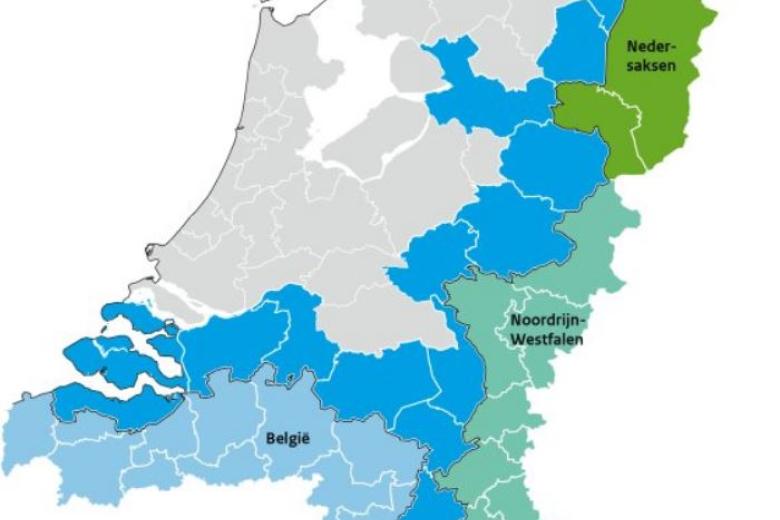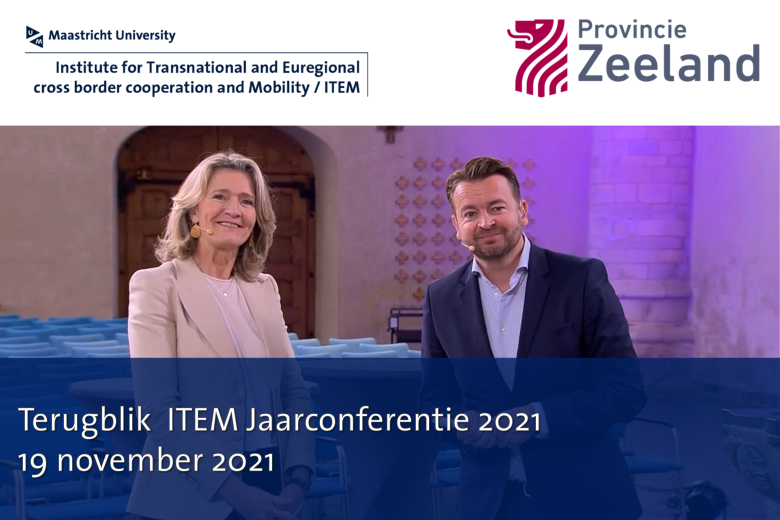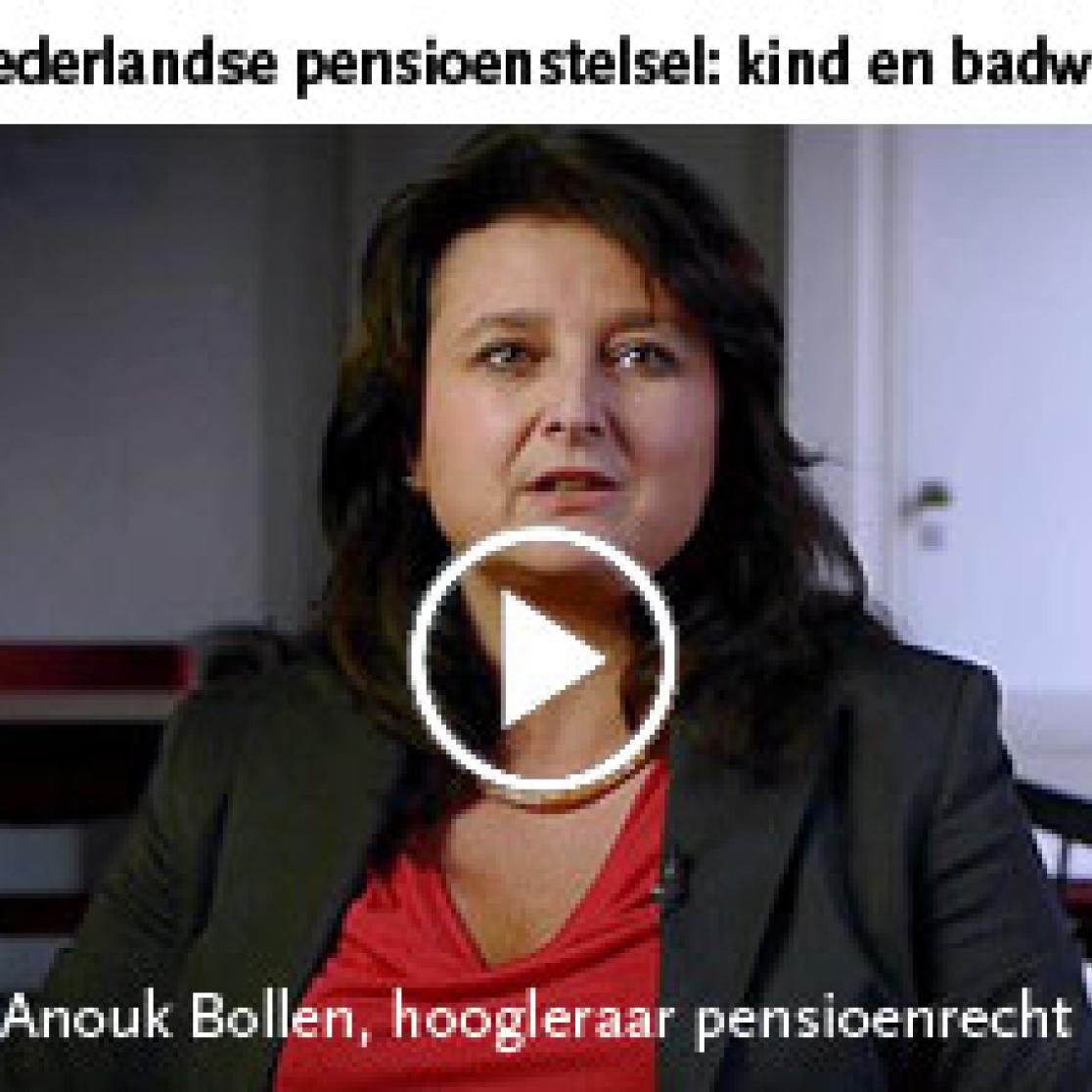Interview Anouk Bollen-Vandenboorn in NFDR Exclusief
On 17 January 2017 prof. dr. Anouk Bollen-Vandenboorn, Professor of Cross Border Pension Tax Law at Maastricht University and Director of ITEM (Institute for Transnational and Euregional Cross Border Cooperation and Mobility) was interviewed by economic journalist drs. Freek Andriesse. The interview was produced on behalf of Sdu (NDFR).
Het Nederlandse pensioenstelsel: kind en badwater
(The interview is held in Dutch)
NDFR in gesprek met Anouk Bollen
"Nederland heeft één van de evenwichtigste pensioenstelsels ter wereld. Dat stelsel staat echter onder toenemende druk door onder meer vergrijzing, lage rente en een sterk veranderende arbeidsmarkt. De risico’s dreigen nu vooral op de schouders van de deelnemers te worden gelegd. De fiscale wetgever sorteert alvast voor en dreigt hierin door te schieten, waarschuwt hoogleraar pensioenrecht Anouk Bollen."
Also read
-
Provincial elections from a cross-border perspective
On Wednesday 15 March 2023, there will be elections in the Netherlands. We will then vote for the Provincial Council and the District Water Board. Seven of the 12 Dutch provinces border a neighbouring country. Cross-border cooperation and special attention for border regions is therefore extra...
-
Recap ITEM Annual Conference 2021: Empowering border regions - More than ever?
The importance of cross-border cooperation manifests itself more than ever during the coronapandemic. Multi-level governance is the foundation for taking the next steps; looking for each other and perpetuating relationships at all levels, in administration, politics and practice. This became clear...
-
Working from home will disadvantage cross-border workers unless rules are changed
Unless the EU rules and tax treaties are amended, some cross-border workers will soon have to pay tax in two countries: in their country of residence for hours spent working from home, and in the country in which they work for hours spent in the office. Since COVID-19 has made working from home often...
